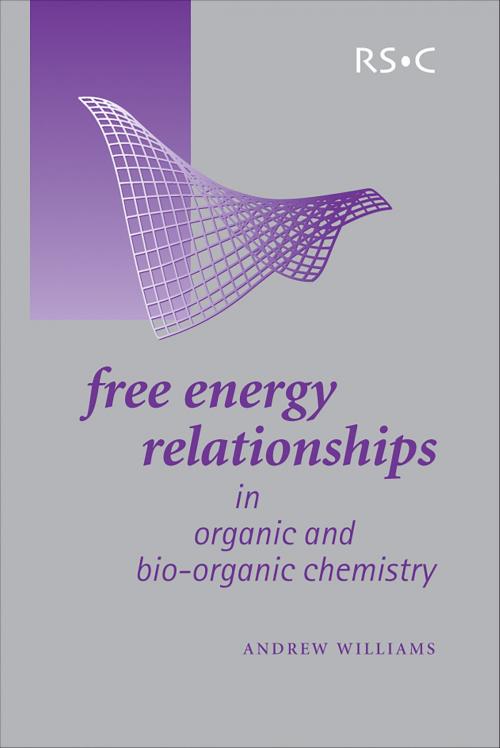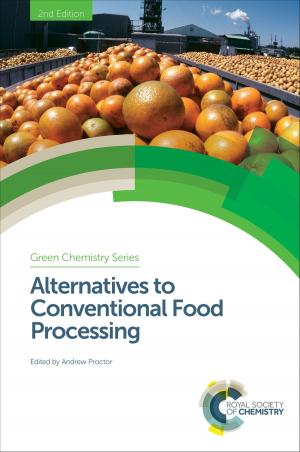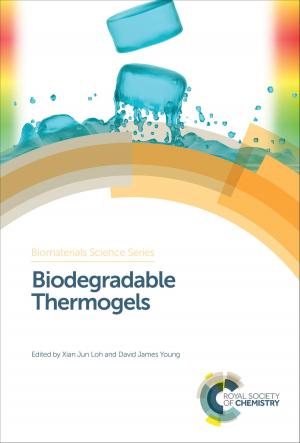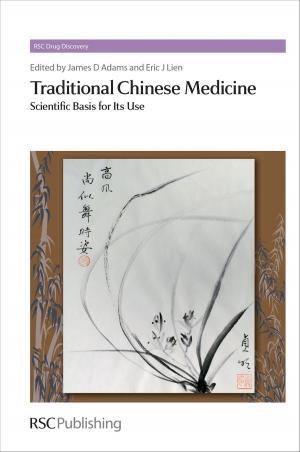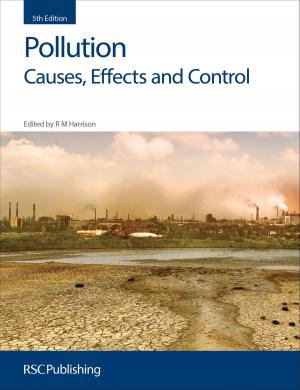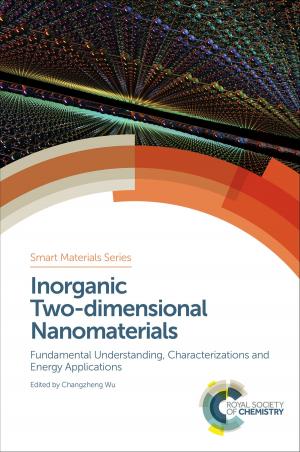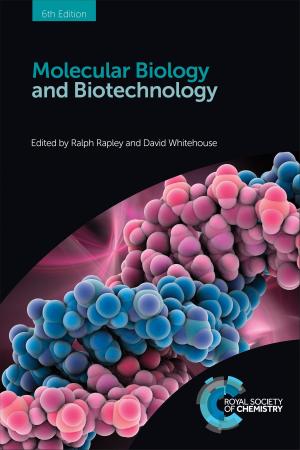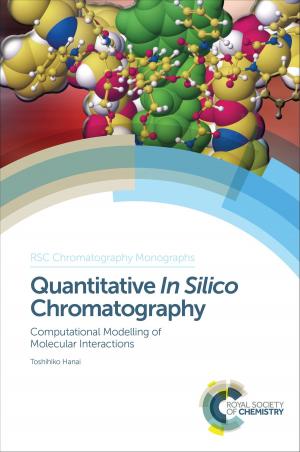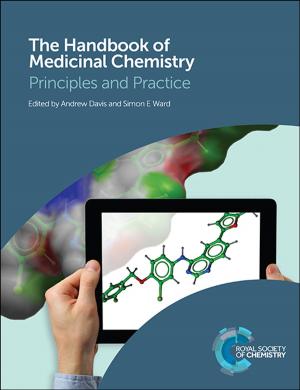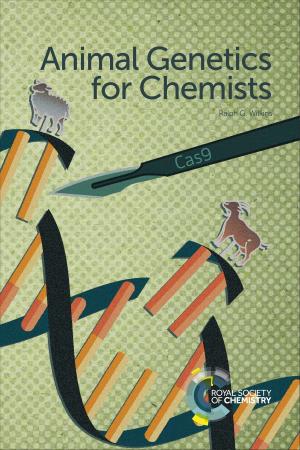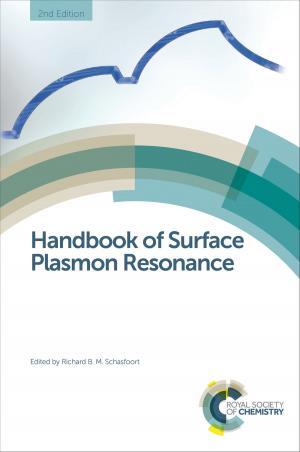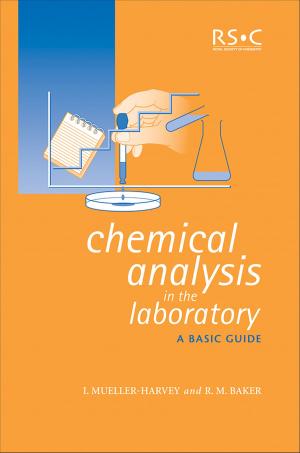Free Energy Relationships in Organic and Bio-Organic Chemistry
Nonfiction, Science & Nature, Science, Chemistry, Physical & Theoretical, Reference & Language, Education & Teaching, Higher Education| Author: | Judith Williams, Andrew Williams | ISBN: | 9781788018302 |
| Publisher: | Royal Society of Chemistry | Publication: | September 30, 2003 |
| Imprint: | Royal Society of Chemistry | Language: | English |
| Author: | Judith Williams, Andrew Williams |
| ISBN: | 9781788018302 |
| Publisher: | Royal Society of Chemistry |
| Publication: | September 30, 2003 |
| Imprint: | Royal Society of Chemistry |
| Language: | English |
Introducing the application of free energy correlations to elucidating the mechanisms of organic and bio-organic reactions, this book provides a new and illuminating way of approaching a potentially complex topic. The idea of how free energy correlations derive from polar substituent change is introduced, and common pitfalls encountered in the application of free energy relationships are described, along with the use of these anomalies in mechanistic studies. The concept of effective charge is described in detail, with examples of its application. Throughout, worked answers are provided for the problems posed. Databases of parameters, an extensive bibliography and comprehensive lists of further reading are also included. The text provides an invaluable source of information to senior undergraduates, postgraduates and to industrial researchers with an interest in mechanistic studies. It is the first such book in more than thirty years.
Introducing the application of free energy correlations to elucidating the mechanisms of organic and bio-organic reactions, this book provides a new and illuminating way of approaching a potentially complex topic. The idea of how free energy correlations derive from polar substituent change is introduced, and common pitfalls encountered in the application of free energy relationships are described, along with the use of these anomalies in mechanistic studies. The concept of effective charge is described in detail, with examples of its application. Throughout, worked answers are provided for the problems posed. Databases of parameters, an extensive bibliography and comprehensive lists of further reading are also included. The text provides an invaluable source of information to senior undergraduates, postgraduates and to industrial researchers with an interest in mechanistic studies. It is the first such book in more than thirty years.
